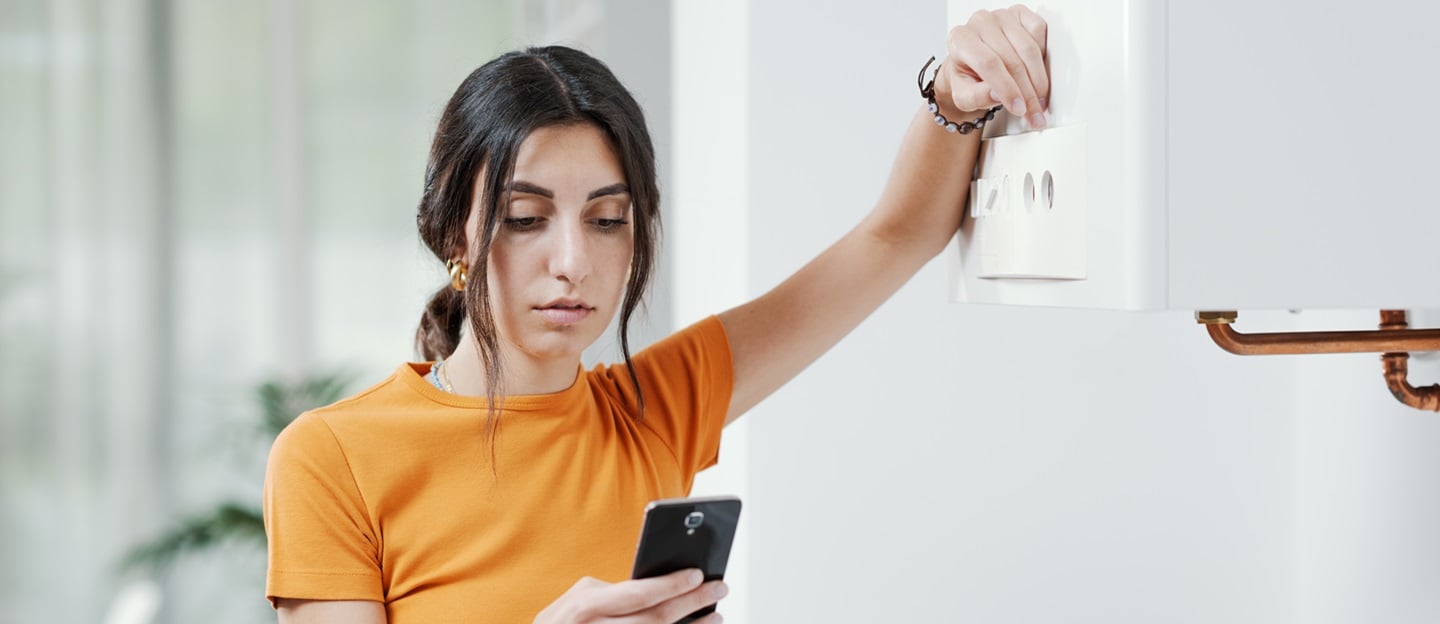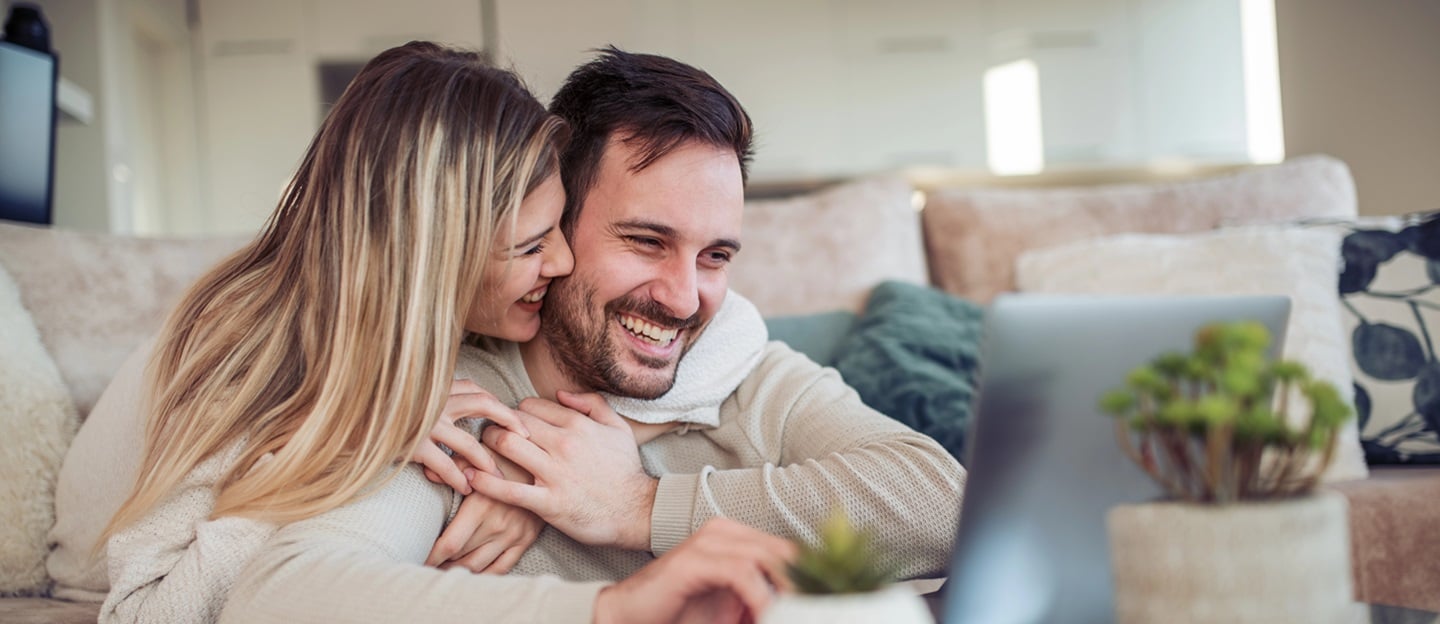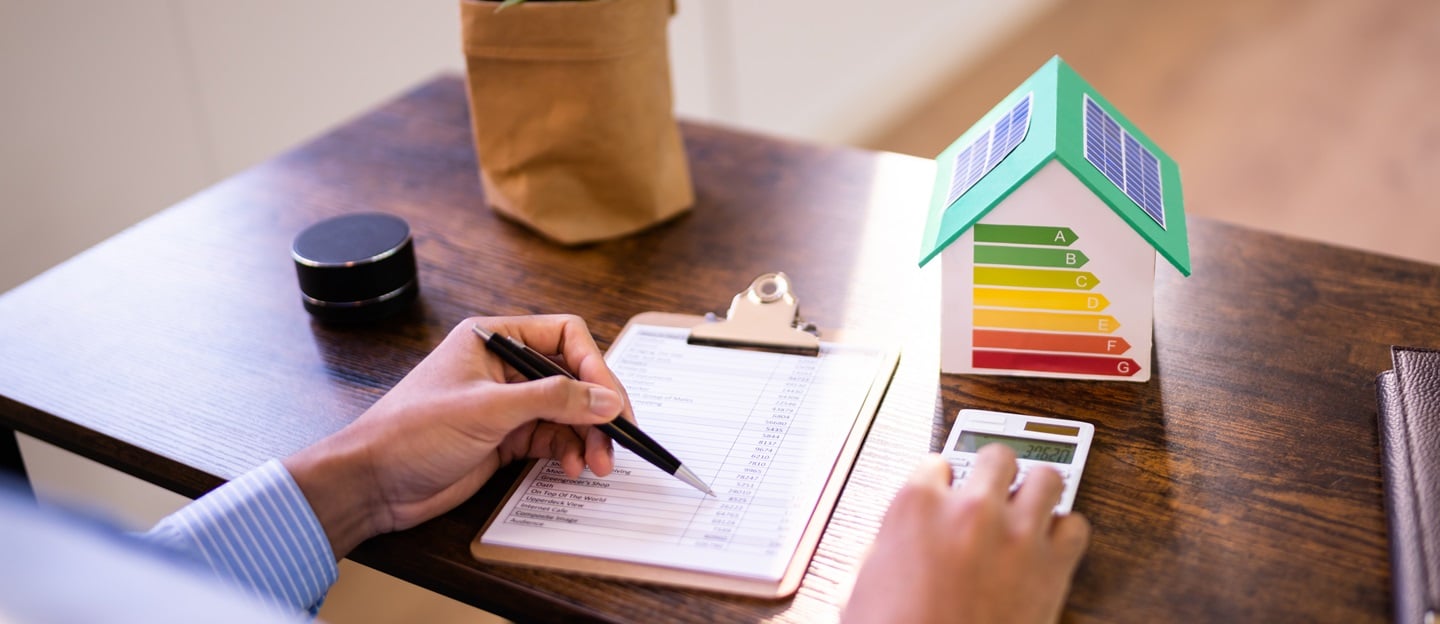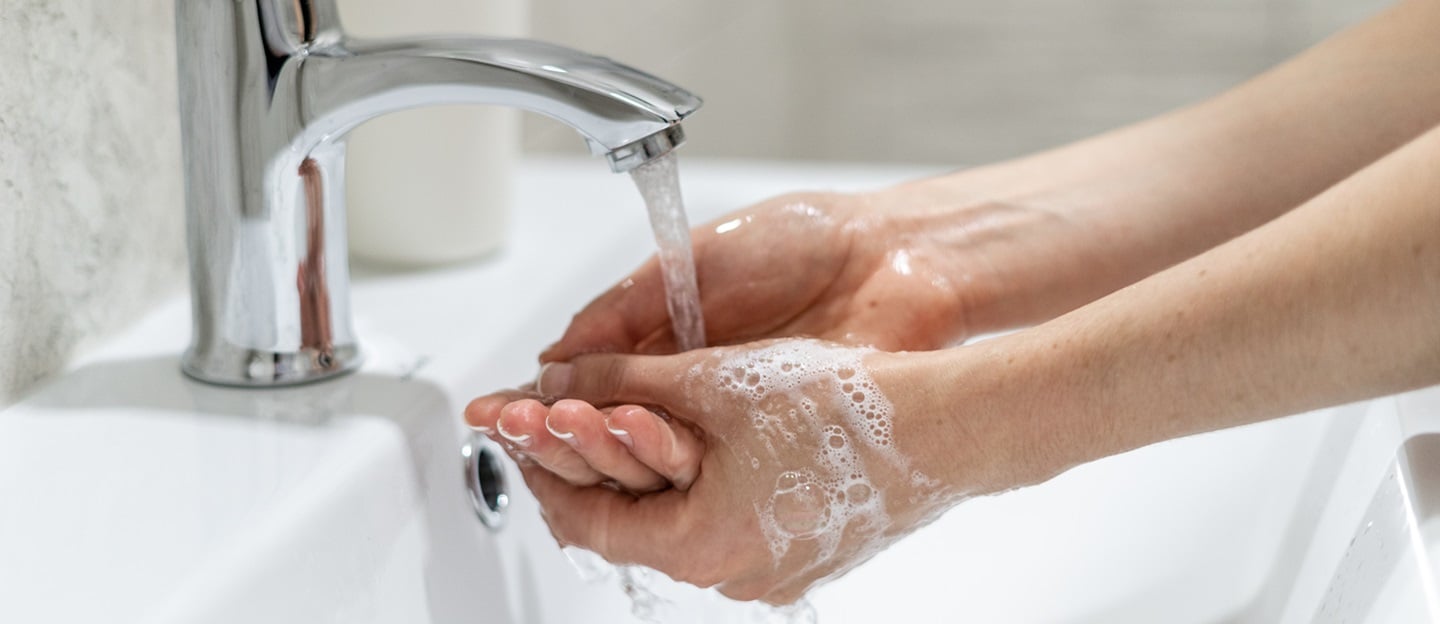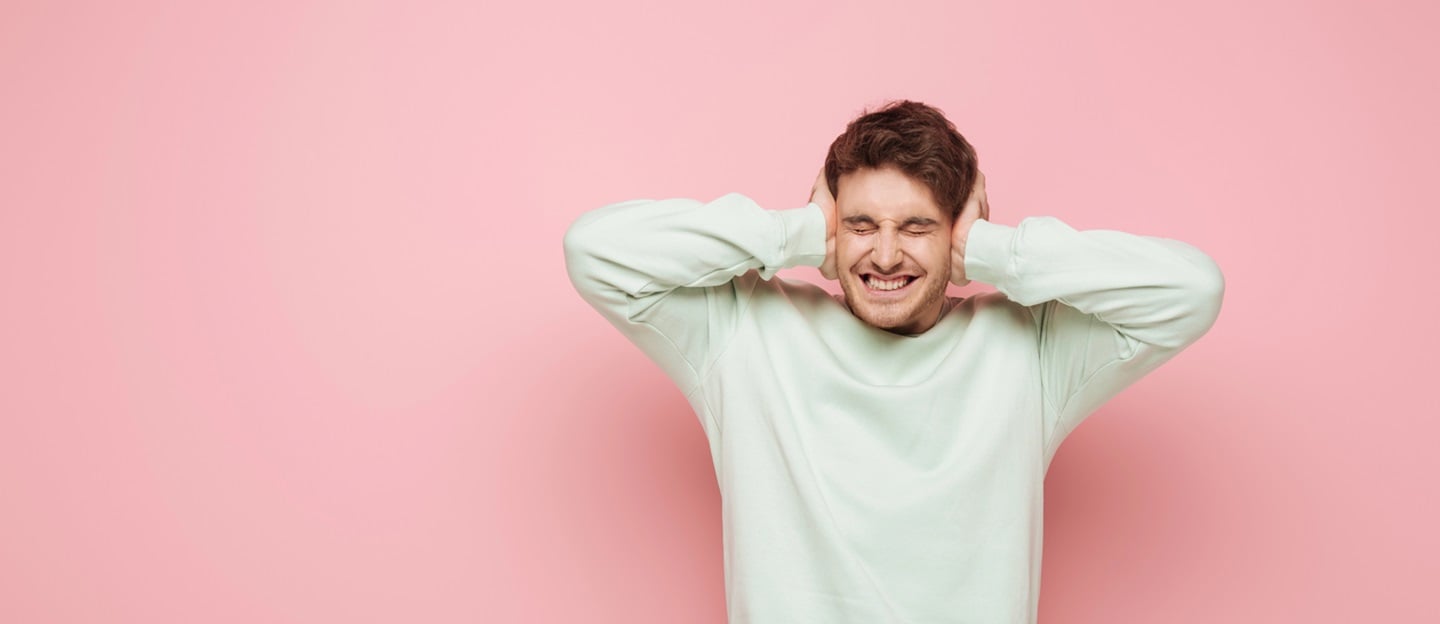How much water do we waste every day?
It is now vital to discuss the topic of water waste to protect the environment. Here are some tips on how to reduce the amount of water you waste daily.
How much water do we waste every day? Here are some useful tips
Water is a precious and limited commodity, which we should use responsibly to ensure that everyone has access to good-quality water resources. We often waste water in all kinds of ways, from leaking pipes to bad habits at home, by not using this essential life-source optimally. We will look into the situation in Italy to understand how much water is wasted every day and how we can make our water consumption more sustainable.
How much water is consumed and wasted in Italy?
To understand how to stop wasting water, it is important to start off by looking at some data, so we can find out the current usage of water resources and where the biggest inefficiencies lie. According to data from Istat (the Italian National Institute of Statistics) for the period from 2018–2020, Italy is the second largest country in Europe in terms of the consumption of drinking water behind Greece, with 153 cubic metres per day per inhabitant. Overall, in Italy, we extract 9.2 billion cubic metres of water a day, the highest quantity in the 27 member states of the European Union. When it comes to the supply, 75% comes from underground sources, however, there are huge differences across Italy; in the north, for example, the use of wells is prevalent (over 50% of the total amount of water extracted). As for the water consumption per person, each Italian uses an average of 215 litres a day, ranging from a minimum of 118 litres in Enna to a maximum of 446 litres in Aosta. In the 12 main cities in Italy, consumption is higher than the national average, at 230 litres per day per person.
The issue of water waste is worrying: Istat estimates losses of 42% from the water network, meaning that for every 100 litres of water extracted, only 58 litres reach their destination and are used, while the other 42 litres are lost through breaks and faults in the distribution infrastructure. At home, water is consumed in most of our regular activities, from personal hygiene and cleaning our teeth, to watering the plants and flowers, to washing clothes and dishes in appliances, to preparing food and cleaning the house.
Here are some statistics about water consumption at home:
- Up to 7.5 litres to clean your teeth
- Up to 80 litres for a 5-minute shower
- Up to 12 litres to flush the toilet
- Up to 60 litres to wash the dishes by hand
Why is it important not to waste water?
Conscientious water consumption is crucial to preserve this scarce resource that is essential for life, bearing in mind that the freshwater reserves in the world represent just 2.5% of all the water available. Using non-potable water can cause serious health issues, like hepatitis A and E, cholera, typhoid fever and polio. It is a very serious problem, bearing in mind that according to UNEP data issued by the WWF, over 900 million people do not have access to drinking water, with serious inequality between the various countries. In Italy, water waste puts more stress on the regeneration ability of the underground and groundwater sources, causing frequent disturbances to the population, especially in summer, from rationing to the suspension of service when the network is under the most pressure. According to the World Resources Institute, Italy’s water supply will reach a critical state by 2040, which is why it is crucial to adopt good habits to save water.
How to avoid wasting water at home
Naturally, the issue of water waste is very serious and needs significant intervention from the institutions to improve the quality of the water network and reduce that 42% of water lost along the way. At the same time, each of us can help by following some simple rules to not waste water. First of all, always turn off the tap when you are cleaning your teeth; don’t leave the water running as this habit can cause the pointless consumption of over 6 litres a minute.
Even when showering, you should turn off the shower while you apply soap and avoid having a bath as it uses almost double the amount of water as a 5-minute shower. A small but very effective investment is installing adapters and mixers, which mix the water with the air to reduce the overall consumption, achieving water savings of over 50%. Dishes should never be washed by hand, if possible; using the dishwasher can reduce water consumption by up to 80–90%.
It is also advisable to choose eco-friendly models for your water heater, like a heat pump and solar thermal system, as they have a lower environmental impact and favour a more sustainable approach for more conscientious use of this indispensable resource. You should also ensure that your systems remain efficient, using a qualified technician for periodic maintenance to try to prevent leaks and avoid water waste. Finally, you should also look at your food choices, bearing in mind that 15,000 litres of water are required to get 1kg of beef, while vegetables consume just over 300 litres to get to the seller’s shelf.
